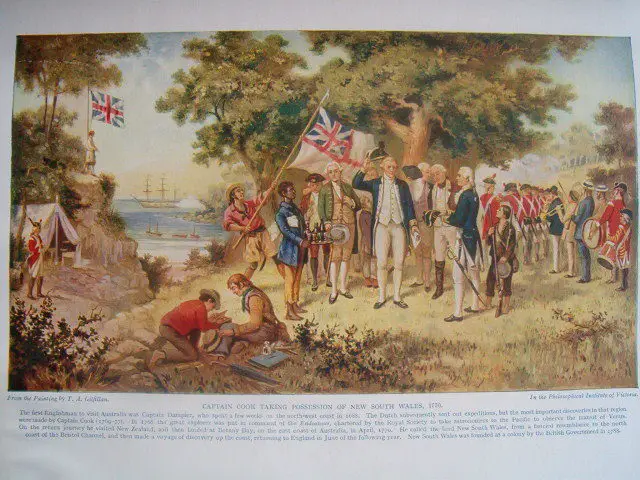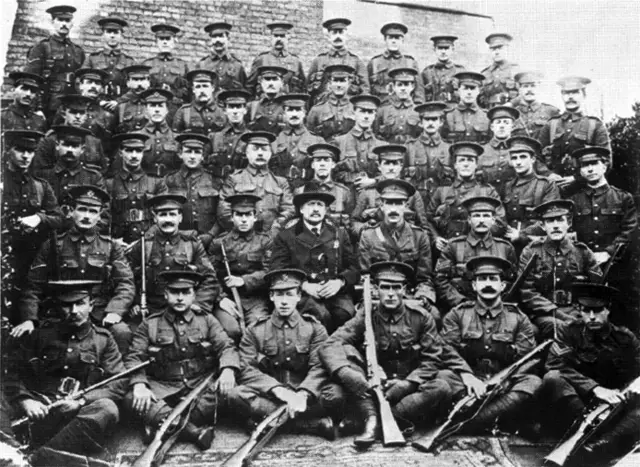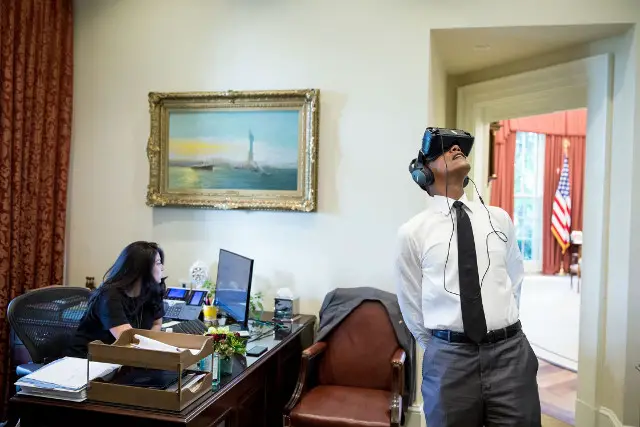Jonathan Dodd’s latest column. Guest opinion articles do not necessarily reflect the views of the publication. Ed
Reality is such an all-encompassing thing. I know that some religions and philosophies try to tell us that the world is a thin, chimeral construct, and that everything that seems real is just an illusion, but it must be really hard work to keep up that idea, in the midst of so many internal and external promptings. There’s so much going on. How can we imagine that it’s all the product of some celestial conjurer’s illusion trick? And why would anyone want to spend such an amount of work just to con us into believing that all that nothing really is there?
What we do, in reality, is forget just how real and complex everything is. We concentrate on what’s in front of our eyes, and when we make sense of things around us, we do so by ignoring everything else. We have to do that, otherwise we would all go completely mad, just trying to keep up. Or we would have to become hermits, or live in forests, or perch at the top of poles for the whole of our lives. We sort through what we think we know, we select the things that we feel most comfortable with, and we decide that everything else doesn’t exist, or doesn’t matter, or is beyond our ability or desire to do anything about, and then we just get on with it.
They want revenge, or equality, which feels like revenge
I’m not suggesting that this is a bad thing. And it’s what we all do, whether we live very simply or embrace the complexity around us. It is probably all that we can do. Everything used to be so much simpler. Once it was enough to stay alive, and find food, and a safe place to sleep every night. A very few knew a little more about the world out there, and they were listened to and believed, in the absence of any information to the contrary. People used to live in a village, or a valley, and their only contact would be with the people in the next village, or the next forest. Any news from further away would come from people who travelled, who would themselves have heard it from others.

Even when we became cleverer, our information was limited, either by the limitations of our technology or our dependence on the knowledge or instructions of others. Who would have imagined that there were so many others out there? Who would have thought that those ignorant savages inhabiting the islands we conquered were really just like us and have the same expectations? Surely the very fact that we had ships and guns and bibles was enough for us to pity them and use them as slaves. If they were our equals, why hadn’t they become as rich and powerful as us? Now they have, and they want revenge, or equality, which feels like revenge.
We had no knowledge of anything in the rest of the world
When we sent people out into the world, we would not know whether we would ever see them again. They were lost to us, until or unless they came back. We were only able to imagine what might be happening to them. News was slow and unreliable. Triumphs and disasters went unnoticed or unreported, and we had no knowledge of anything in the rest of the world unless someone wrote a letter or made a map or returned and gave a lecture. Our education was slow and sketchy, and it was always coloured by the triumph or survival of the person who came back, and our attitudes towards the uncivilised or strange beings out there.

It used to be so much easier for everyone to believe in the messages filtering down from those in power. They were in power, after all, and they had so much more information. When they said that we were being threatened and we had to go to war back in 1914, the people rose as one and joined up, filled with purpose and righteousness. Any voices that doubted were ignored or scorned, until the numbers of the dead and wounded mounted and the lack of resolution dragged on and on. And even when everyone, surely, became weary of the horror, nobody was able to stop the wheels turning, so the thing carried on running its broken-down way until it ground to a halt. It would be a mistake to characterise every single war in this way. There must have been one that was glorious, righteous, and short. But even that could probably have been stopped before it started, if someone had been awake beforehand, and had cared enough.
After you recover from being a child
I don’t know about you, but I was the most cynical I have ever been when I was thirteen. That’s around the age you are when you wake up, if you ever do. It’s after you recover from being a child, spoon-fed with the nice things in life, and when you start to see with your own eyes, and what you see first is usually the hypocrisy of those very same adults you used to worship. Everything becomes simultaneously very clear, and very simple, and very obvious. Of course, you spend the rest of your life becoming one of those adults that you despised when you were thirteen, because you learn to compromise, and you begin to understand your relative powerlessness. I’m not sure, but I think you have a chance to become that thirteen-year-old again later on in life. I’ll let you know.

You don’t inevitably become cynical. You may very well believe that everything your parents told you was absolutely solid and truthful, and you will see the evidence everywhere that all is as it should be, or, perhaps, the way it is seems to suit you very well. I’m not sure about this. For me it’s a bit like imagining the lives of those others around the world, when you see their gunships anchoring in your bay and you set out in your canoes to welcome them. Those beads look enticing, because you’re never experienced them. Thank you very much, you say, and everybody smiles. In a blink of an eye, they’re planted cotton, or tobacco, and you’re either dead or a wage-slave. Blimey, you think. What happened? But it’s way too late to go back, and that life no longer exists, and you will never be that person you used to be again.
I feel the need for scorn too, sometimes
It’s not all bad though. You discover alcohol, and eventually television arrives, and school, and cars, and social media, and Primark. You kid yourself that you’re now part of the establishment, somewhere nearer the top of the pile, and you despise those who don’t have your advantages, especially when you’re recruited to go and fight them in their desert countries and their uncivilised houses. There’s always someone better off than you, and someone less well-off, wherever you are in the pile. It’s very easy to look up and worship, as well as looking down in scorn. We do tend to assume that anyone rich or privileged is better than us, and we also tend to blame the poor for their lack of success, and their begging, and their need for charity.

I feel the need for scorn too, sometimes. As well as cheese scones, of course, which are very nice with lots of butter. I look at the world, and the way that people en masse manage to make completely foolhardy choices, and how quickly their heads are turned round, and they attack the very people they raised so high. Most of all I scorn the people who like to encourage this, for personal gain, or for power, or in the name of circulation. I scorn those who lie and steal money from the state and squirrel it away in tax havens. I scorn those who work ceaselessly for the continuation of their own power, and who are ruthless in their treatment of those who disagree.
We need to register our disagreement, and act on it
I live in the real world, I hope. There’s much too much going on for it to possibly be just a figment of anyone’s imagination, let alone mine. I can’t see the hand of any guiding principle, whether divine or otherwise. I can see the desperate clinging-on of some people to ridiculous faiths, which they moved by some badly-wired reasoning into the realm of truth and fact, just because it’s written in a book, or because someone told them so. It’s not enough. Nothing is fervour from the truth.

The world is complex, and there are wonders and terrors out there. We need to know as much as we can find out, and we need to speak truth to power, and we need to speak out against those injustices we can see. Otherwise what’s the point of being here, unless we just decide to become a grabber, like most of our so-called leaders, and the rest of the one percent who already own ninety-nine percent of everything. We need not just to know that it’s unjust and wrong, we need to register our disagreement, and act on it.
I do apologise for the particular tone of voice I used
And, finally, I must apologise to the nice old Jehovah’s Witness couple who banged on my door this week, for telling them to “get a grip”. They arrived with very bad timing, while I was in the middle of writing this rant. I don’t apologise for saying it, but I do apologise for the particular tone of voice I used. Oh well! There goes my JW readership. If I’m very lucky, they’ll shun me.

I need to have a good rant sometimes. I feel so much better now. The need for scorn is gorn.
If you have been, thank you for reading this.
Image: USA Government
Image: Public Domain
Image: Public Domain
Image: renaud-camus under CC BY 2.0
Image: avlxyz under CC BY 2.0
Image: Pamla J. Eisenberg under CC BY 2.0
Image: Philafrenzy under CC BY 2.0





